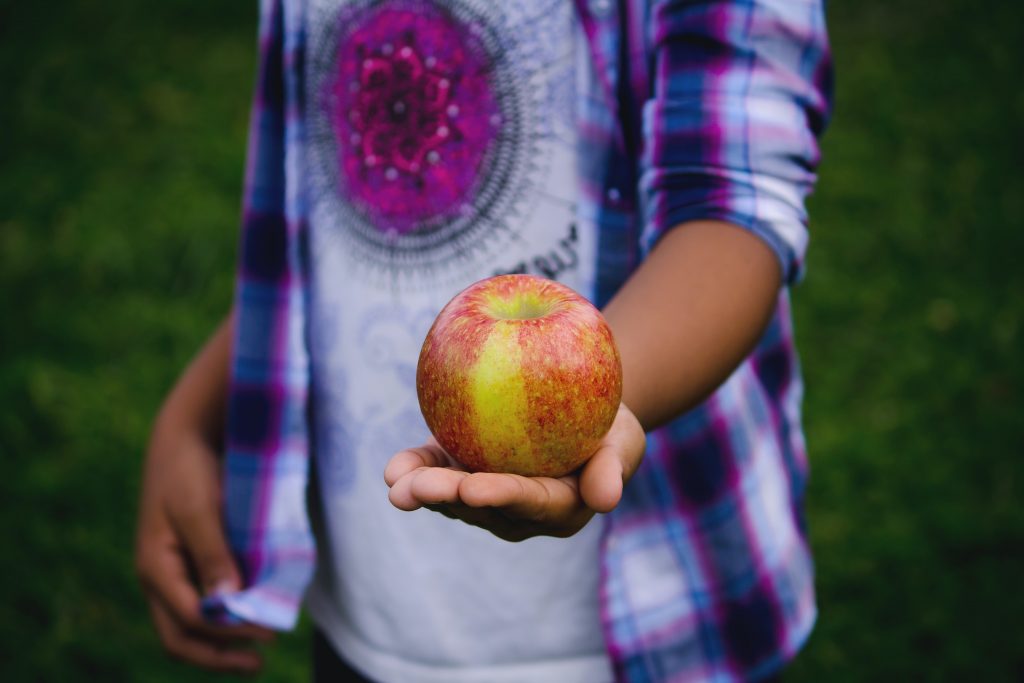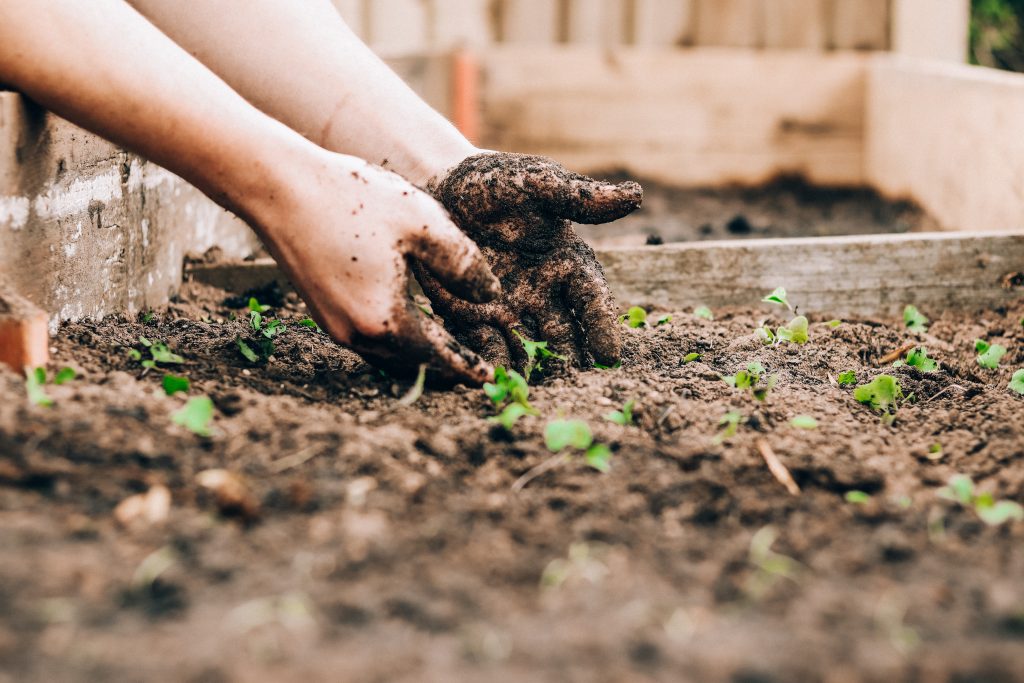In many of our cities, it is easy for children to grow up being disconnected from the origin of their food. For many children, how food ends up on their plates is a total mystery. This is one element of city living that has not changed over the past 100 years or so. Just as evacuees in World War II were confused by the sight of cows in the countryside, lots of modern children are just as oblivious about where their food comes from. Growing food can be the first step towards improving understanding about where food comes from.
Growing Food for Healthier Bodies
Now, schemes across the country are aiming to educate children about where their food comes from. Growing crops in schools is helping children to learn more about healthy food. As childhood obesity rates continues to rise, improving children’s knowledge about healthy food choices is paramount. Cultivating fruits, vegetables, and herbs for themselves is a great step towards bridging this knowledge gap. When they finally get to harvest the fruits of their labour, the children get to enjoy some healthy, home-grown food. For many children, growing the food themselves encourages them to try new foods they may previously have shied away from.

Healthier Minds
Food Growing Schools: London have also found that growing food in schools can improve children’s mental health. We all know how beneficial exercise and fresh air can be for our mental health. For many children in urban areas, gardening is a completely new way to get outside and get their body moving. They also benefit from working together to cultivate the plants, keeping them watered and weeded. There is also a distinctive sense of achievement when all their hard work is rewarded with food they can enjoy. The social interaction involved in growing plants, paired with being in nature and a tasty reward for their efforts has many positive effects on children.
Growing Food for a Healthier Planet
Alongside growing food, children are taught about the impact of food on both themselves and the planet. Our food choices moving forward will have a big impact on the future of the planet. These lessons help to teach children about how they can eat in a sustainable way, protecting the environment as well as their own health. Furthermore, by connecting with nature through growing food children learn about the importance of biodiversity for a secure food system. Without pollinators, whose populations are still in decline, the future success of our food system is in doubt. By ensuring the next generation understand the importance of biodiversity, hopefully the future of food will be in safe hands.
Vitabeam is excited to be contributing towards a world where we can grow more food using fewer resources. This will decrease the impact of food production on the planet. Contact us to find out how we can help you to grow more cleaner, safer food!
